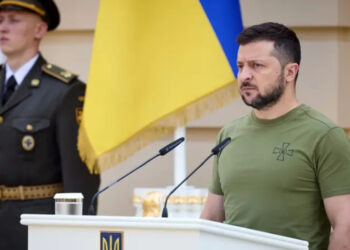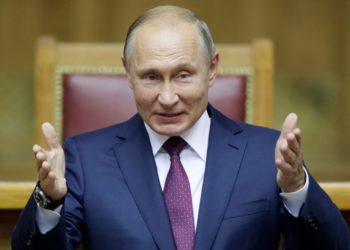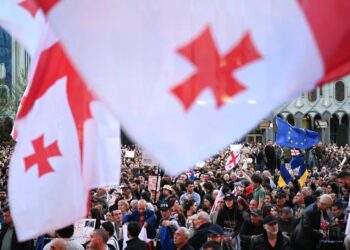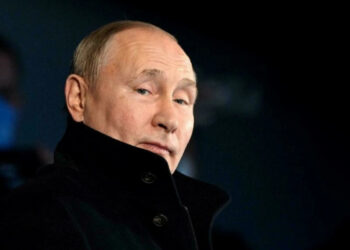It’s hard to imagine a more unpopular reform than raising the retirement age. Think about former French President Nicolas Sarkozy’s pensions reforms in 2010 that paralyzed the country for days on end. Things are no different in Russia, where the government announced on the opening day of the World Cup in Moscow that the pension age would gradually rise by five years to 65 for men and eight years to 63 for women. Even the 5-0 victory against Saudi Arabia on that day could not diffuse the widespread opposition to the reform.
Why did the Russian government push this extremely unpopular reform then?
On most economic measures, the raising of the pension age in Russia was long overdue. As a legacy of the Soviet welfare system, the retirement age in Russia was among the lowest in the world at 55 for women and 60 for men. Common to other industrialized countries with a predominantly urban population, Russia has an aging and shrinking nation. This increases pressure on the state coffers, with an annual transfer from the budget to the pension fund of around $30 billion.
Communist Legacy
However, there are certain aspects unique to Russia that make this reform more controversial. Again, due to the legacy of the country’s communist past, there are strong paternalistic expectations towards the state among ordinary Russians. For some groups, particularly those in rural areas or small towns with high unemployment, pensions provide the only source of reliable and regular income. For many others, pensions are an important addition to their meager salaries. Increasing the living standards for those groups has been an important part of the informal social contract which has sustained President Vladimir Putin’s popularity over many years.
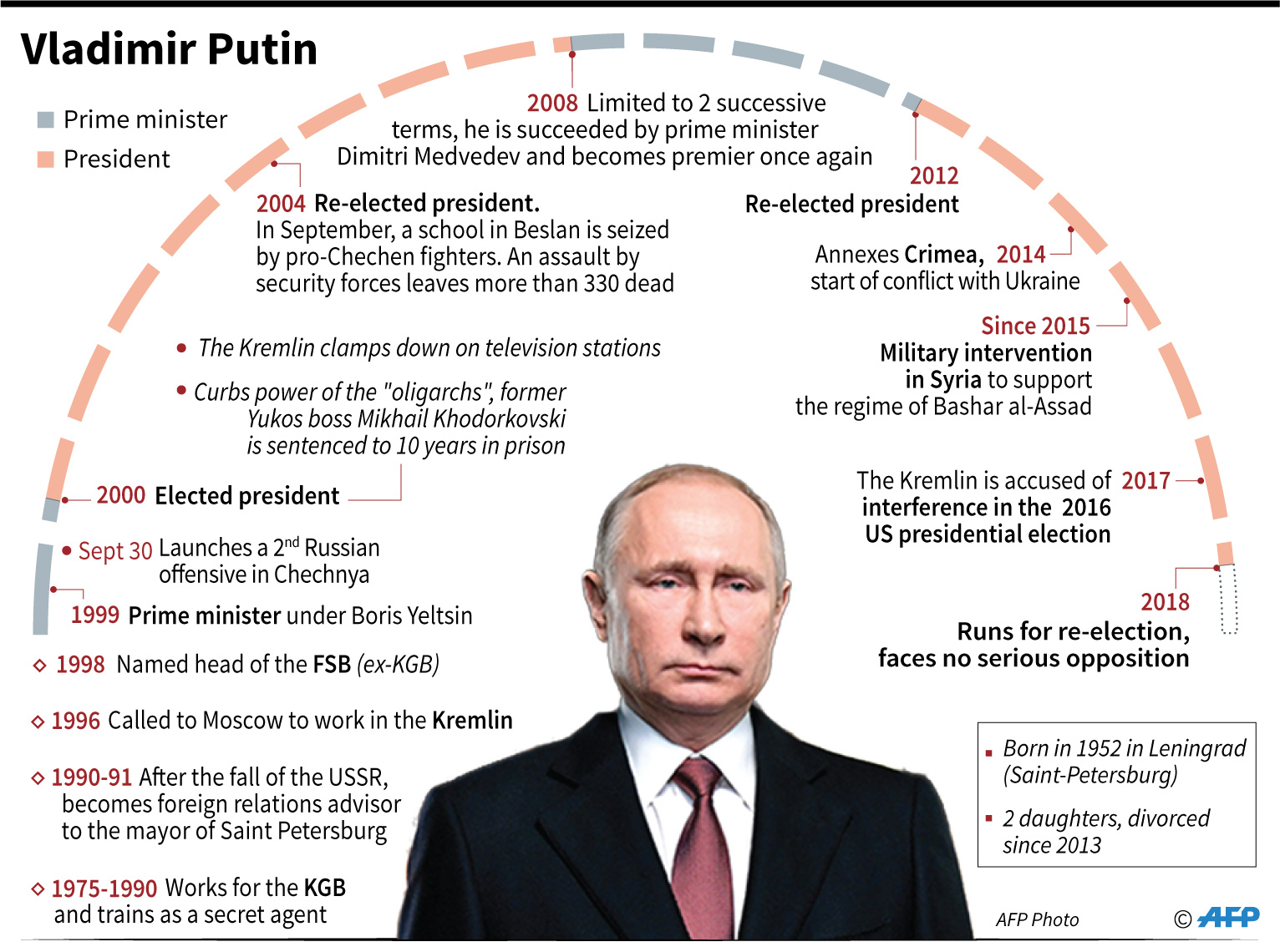
Russia’s average life expectancy of 71 years is about ten years less than in most developed countries, with Russian men living to 67 on average. Raising the pension age to 65 would indeed mean a very short life on a pension. Although this statistic is somewhat misleading as an indicator of how long a Russian would live in the retirement (the overall average is distorted by the high number of deaths among Russian males in their middle age, while those reaching 60 actually live to 76 on average), it still resonates negatively with the vast majority of the Russians. They see an early retirement age as part of their entitlement from the state, particularly since there are virtually no functioning private pension funds.
Nevertheless, the government decided to push through this unpopular reform at speed, right after Putin’s win in the presidential elections of last March. As a result, Putin’s approval ratings fell from 79 percent in May to 67 percent in September. This was even despite his personal intervention at softening the reform, designed to present Putin as a kind “tsar” mitigating the worst excesses of his subordinates.
Putin’s proposal to set the new retirement age for women at 60 instead of 63, as well as a number of other sweeteners such as higher pensions down the line (all of which would cost the authorities extra $7.5 billion), were promptly adopted by the government. Yet, polls indicated that around 34 percent of voters said their attitudes towards Putin worsened after the intervention, as many expected him to scrap the unpopular reform altogether. This could be worrying for the authorities, as Putin’s ratings are an important indicator of the overall health of the current regime, and have been its principal legitimizing factor over the last two decades.
Protests Against Pension Reforms
To make matters worse, street protests erupted across the country. The authorities largely contained these, not at the least by splitting them into several rival movements, and thereby prevented the emergence of a single protest movement including pension protesters and the radical opposition, led by Alexei Navalny.
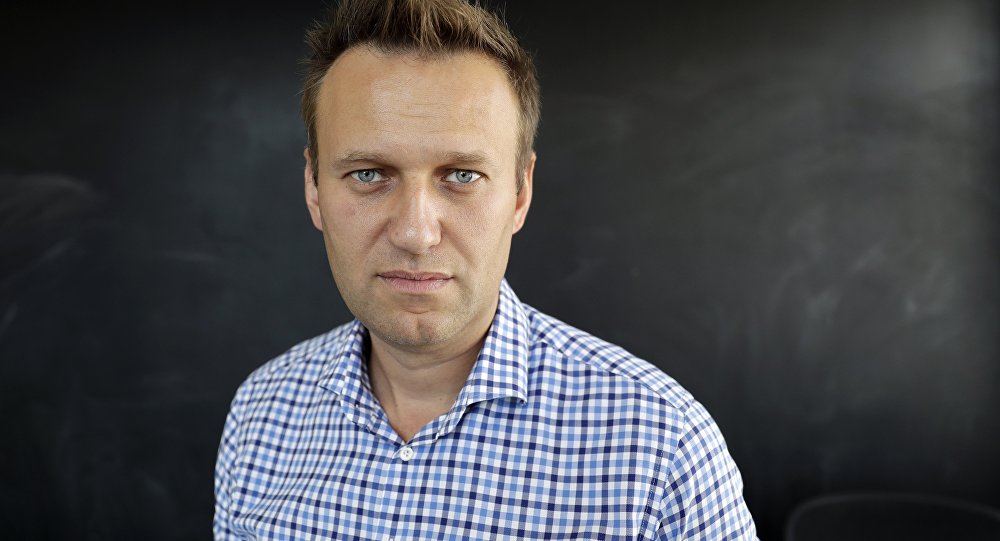
For example, in Moscow, the protest on September 2 organized by the Communist Party brought out 9,000 people, while Navalny’s organized protests a week later gathered around 2,000 people. Overall, and despite heavy-handed police treatment of the unauthorized demonstrations led by Navalny (who himself was detained), the relatively small numbers involved in the protests are unlikely to cause the Kremlin much concern.
Potentially more worrying were the results in a number of local elections where the Kremlin’s candidates were defeated. Although this was also due to various local factors and the Kremlin’s deliberate decision to let unpopular candidates lose to maintain the legitimacy of elections in Russia, it still sends a strong signal about the status of support for the ruling United Russia party.
With Putin’s approval ratings falling, losses in the local elections, and street protests taking place across Russia, the question is whether the pension reform was really worth it for the authorities.
Russia’s Economy
Apart from the general macroeconomic reasons, there are grave concerns among the Russian rulers about the sustainability of Russia’s economy under the pressure of Western sanctions and its excessive reliance on volatile oil prices. Against this background, Putin has deliberately used his high ratings at the beginning of the new presidential term to push through unpopular reforms (which in addition to the pension reform also include the raising of the VAT tax from 18 to 20 percent).
The tax and pension age raises were coupled with ambitious plans for infrastructure investment and increased spending on health and education over the next three to six years, designed to kick-start the country’s stagnating economy. Most of the extra funds will come from higher tax rather than from the oil and gas exports revenues as in the past, with the key objective to wean Russia off its oil dependency. For example, in 2019 the state budget will break even at $50 per barrel instead of $61 in 2018. Decreasing transfers from the state budget into the pension fund are designed to help with this strategy.
Putin used the window of opportunity to push through very unpopular but what seems necessary reforms. The Kremlin is hoping that by the time of Duma elections in 2021, and especially the presidential elections in 2024, these unpopular reforms will be largely forgotten.
This strategy might work. However, the public consternation over the pension reform did show that implementing unpopular policies in an authoritarian system it is not any easier than in a democracy. In fact, the stakes for the former are far higher. In a democracy, an unpopular government might lose an election. In an authoritarian system which does not allow the change of government, a mishandled reform can bring the whole system down.
Disclaimer: The views and opinions expressed here are those of the author and do not necessarily reflect the editorial position of The Globe Post.



